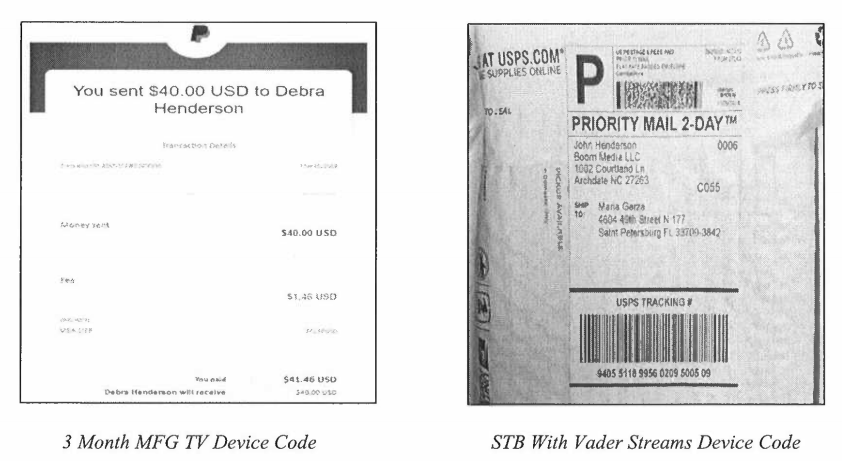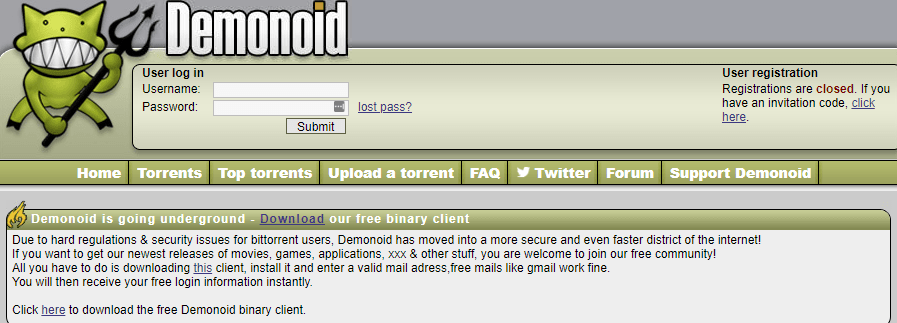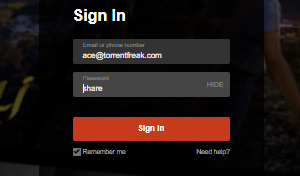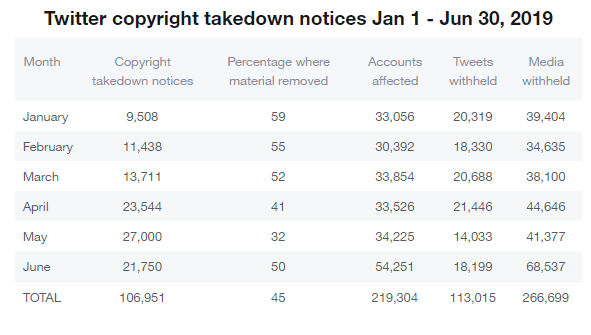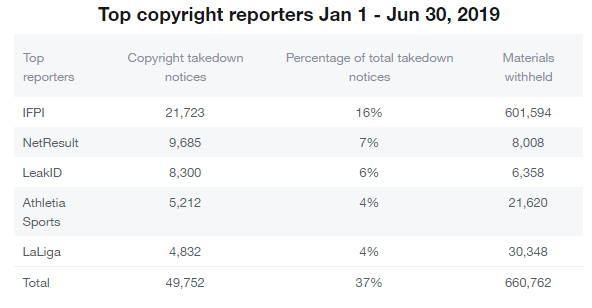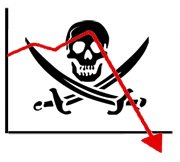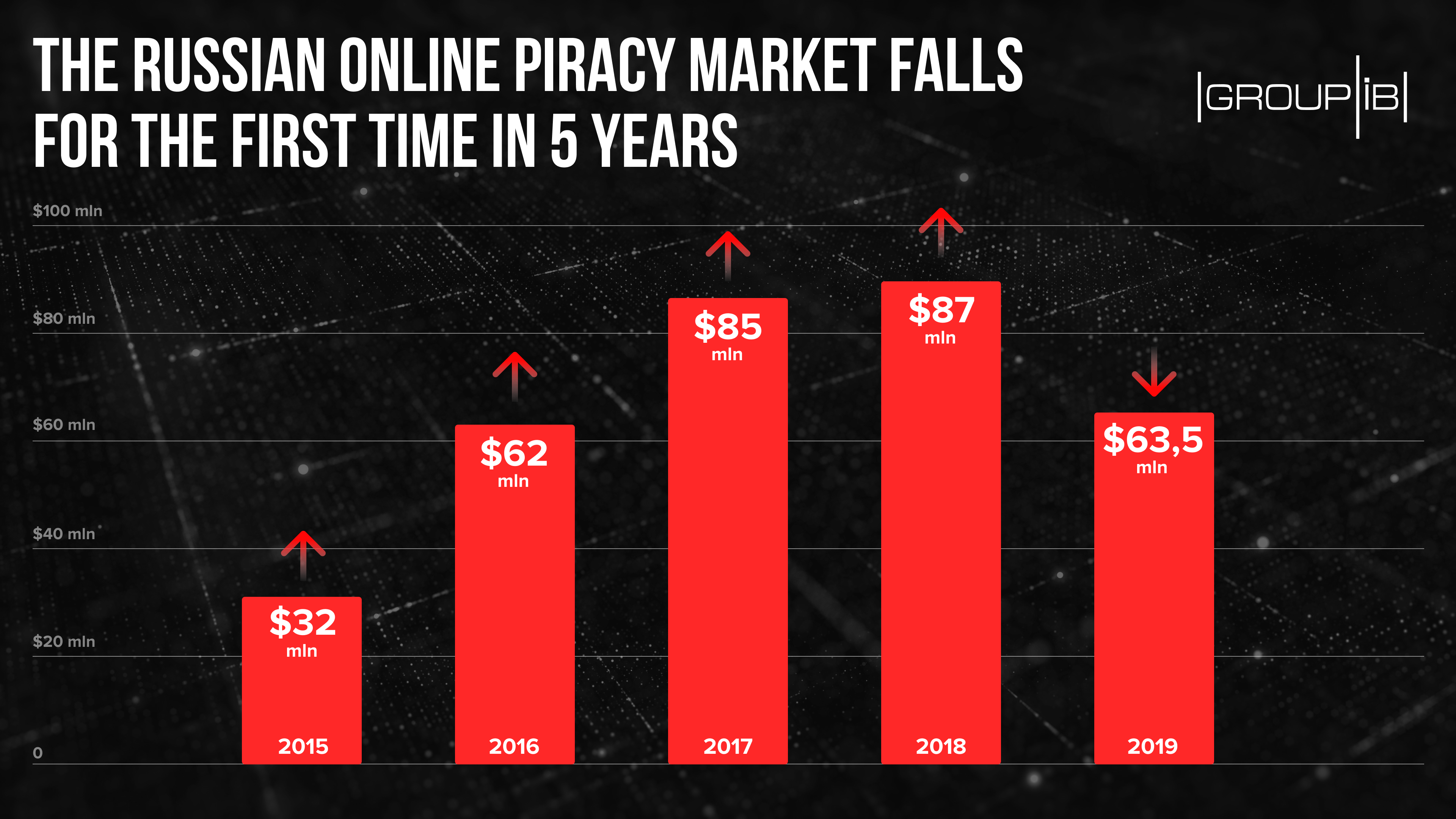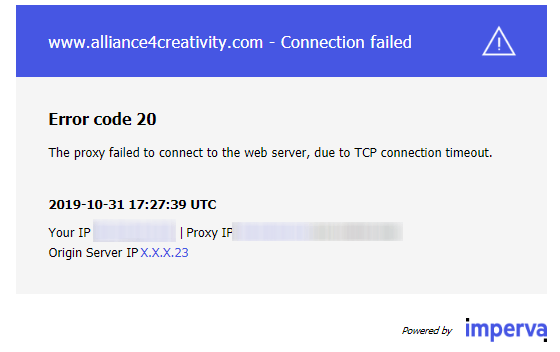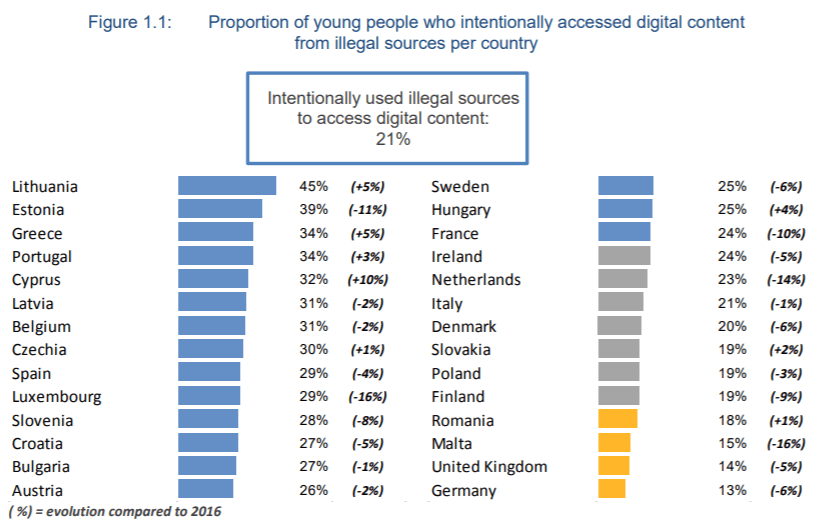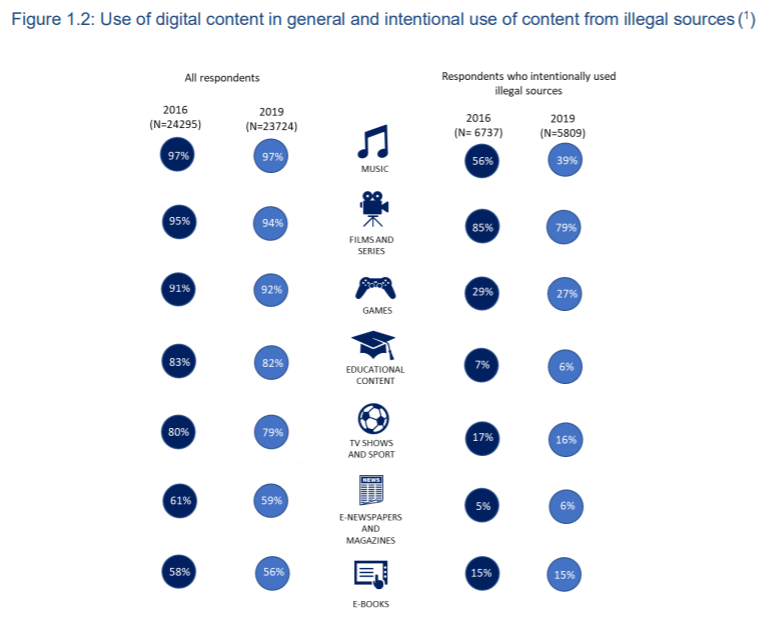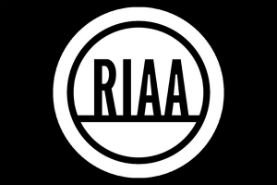
This year the RIAA has discovered DMCA subpoenas as a useful enforcement tool against alleged pirate sites.
The music industry group has repeatedly obtained these subpoenas against Cloudflare, ordering the CDN provider to hand over the personal details of its customers.
The latest target is Wi.to, a file-hosting site that specializes in music. In fact, that’s the only content that can be shared on the platform. However, like any user-generated content platform, people abuse it by sharing pirated files as well.
This didn’t sit well with the RIAA which, armed with three URLs of infringing music as evidence, sent a subpoena to Cloudflare. The music group specifically asked for the physical address, IP address, e-mail address, payment information, account updates, and other info of the customer connected to Wi.to.
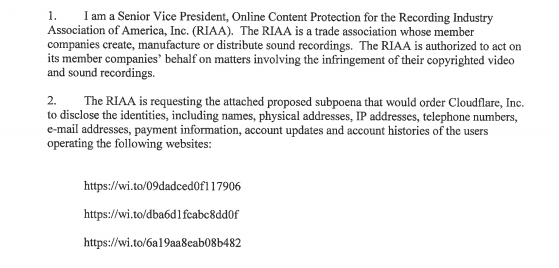
This is the same boilerplate language we’ve seen in similar requests that were made in the past, which Cloudflare generally complies with. While the RIAA doesn’t specify what it intends to do with the information, it will generally be used to enforce the copyrights of its members.
To hear the other side of the story we reached out to the operator of Wi.to, Sergey, who resides in Estonia. He was informed about the RIAA’s subpoena last week but doesn’t feel directly threatened.
“We are not criminals,” Sergey says.
“Wi.to is a service that makes it easy to publish music files DJs have created themselves. It’s true that the service is sometimes abused. But that’s something the users do. Also, services like Soundcloud or Dropbox are abused as well.”
Sergey says that, as an Estonian, the DMCA doesn’t apply to him, however, the site does process abuse complaints. In response to these notices, infringing files are regularly removed.
This is where things get interesting. The RIAA subpoena identifies three of these infringing music tracks. However, when we checked these URLs we found out that all three files are still online, including this Harleys in Hawaii track by Katy Perry.
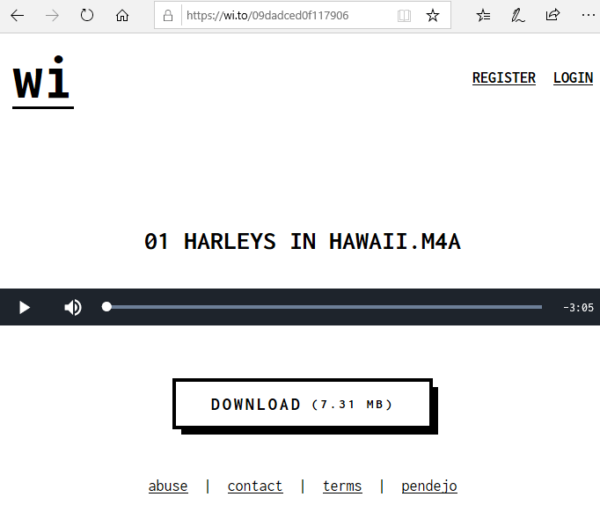
According to Sergey, the RIAA never asked for these files to be removed.
“The RIAA hasn’t even contacted me and it looks to me like they’re acting arbitrarily. They deliberately want to get everything out of the way they can’t make money from,” Sergey tells us.
Wi.to’s operator believes that the RIAA is overreacting. If they see any infringing files they should file an abuse complaint instead of going to court to request personal details through a third party company, while keeping the infringing files unaddressed.
To Cloudflare, the RIAA wrote that any disclosed information will only be used to protect the copyrights of its members. However, sending an abuse complaint seems to be a more direct and effective way to do so.
Intriguingly, the RIAA has asked Google to remove these three URLs from its search engine. However, these requests were pointless, for now, as the tracks were not indexed by the search engine.
TorrentFreak reached out to the RIAA to find out what the purpose of the DMCA subpoenas is, but the organization prefers not to comment. Thus far, these efforts have had mixed results, but Wi.to isn’t planning to change its course.
As outsiders, we can’t judge how Wi.to processes its abuse complaints. We did notice, however, that the site has a “pendejo” link in the footer, pointing to the Narcos theme song by Rodrigo Amarante, without permission.
According to Sergey, this was a birthday present for one of his colleagues, which will be removed in due course or sooner, if an abuse notice comes in.
—
A copy of RIAA’s subpoena to Cloudflare is available here (pdf).
Source: TF, for the latest info on copyright, file-sharing, torrent sites and more. We also have VPN reviews, discounts, offers and coupons.


